The United States on Tuesday formally rejoined the United Nations Educational, Scientific and Cultural Organization after an almost six-year absence and a decadelong dispute with the agency.
In early June, the U.S. announced its intention to rejoin UNESCO.The UN agency held a two-day special session at its headquarters in Paris at the end of June and approved the U.S. decision to rejoin.
On Monday, the U.S. submitted a document confirming its acceptance of the invitation. On Tuesday, UNESCO Director-General Audrey Azoulay declared it official, The Associated Press reported.
The Joe Biden administration announced last month it would apply to rejoin the 193-member organization and it became the 194th member of UNESCO.
The U.S. and Israel halted their financial support to UNESCO in 2011 after the organization voted to include Palestine as a member state. In 2017, the Donald Trump administration decided to withdraw from UNESCO, citing anti-Israel bias and management issues. The withdrawal officially took effect the next year.
The U.S. currently owes UNESCO $619 million, according to the organization. The amount covers missed contributions that date back to 2011, according to UNESCO.
U.S. officials have said the decision to return to the UN's cultural and scientific agency was driven by concerns over China's increasing role in policymaking, particularly in establishing global standards for artificial intelligence and technology education.
On March 22, U.S. Secretary of State Antony Blinken urged Congress to approve $150 million for the purpose of rejoining UNESCO, saying the absence of the U.S. had given China the opportunity to shape the rules regarding artificial intelligence.
"China right now is the single largest contributor to UNESCO.That carries a lot of weight. We're not even at the table," Blinken said.
In response, China's Foreign spokeswoman Mao Ning said at a daily news briefing in March: "If the intention of the United States returning to UNESCO is to balance and limit China's influence, it will only raise suspicions that the U.S. is still putting 'America first' ahead of international public interest."
Mao also said: "International organizations are platforms for international cooperation, not battlefields for geopolitical confrontations."
Yang Jin, permanent representative of China to UNESCO, said the U.S. should contribute to promoting unity and cooperation of the organization after its return, instead of engaging in confrontation and division.
"China urges the U.S., following its return to UNESCO, to fulfill its obligations and commitments, pay membership dues in full and on time, and pay off as soon as possible the dues owed to UNESCO for many years," he said.
Multilateralism needed
Yang also called on the U.S. to adhere to true multilateralism, respect the sovereignty and social systems of all countries, respect and maintain social diversity, refrain from ideological confrontation, and commit to promoting mutual understanding and cooperation among member states.
The U.S. has had a tumultuous relationship with UNESCO. It first withdrew from the organization in 1984 during president Ronald Reagan's administration, citing concerns over mismanagement.
The U.S. rejoined in 2003 under president George W. Bush, with the aim of finding international allies as the country embarked on the Iraq War. Bush had faced allegations that his administration was intent on a unilateral foreign policy that ignored traditional allies and international treaties.
U.S. law forbids Washington from funding UN bodies that have admitted Palestine as a full member, Reuters reported. The U.S.' return to UNESCO was enabled after a waiver from Congress earlier this year, which will be in effect until the end of 2025.
UNESCO was founded in the ashes of World War II to protect humanity's common cultural inheritance.











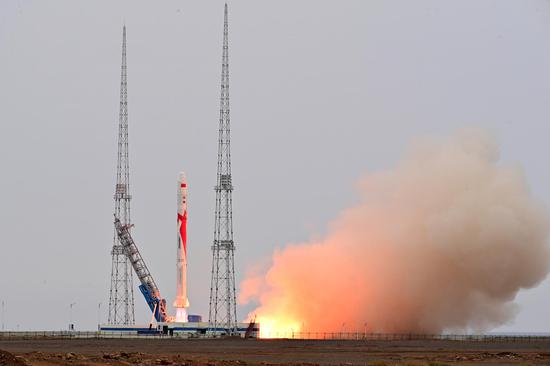


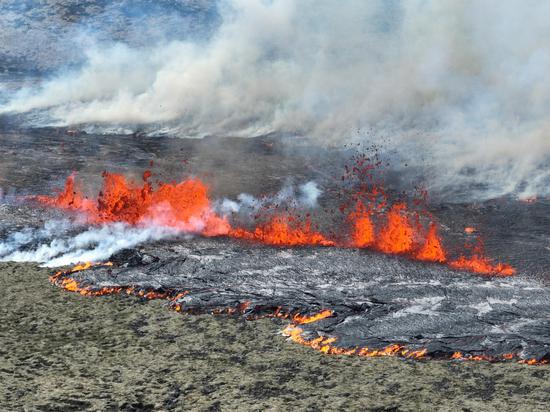
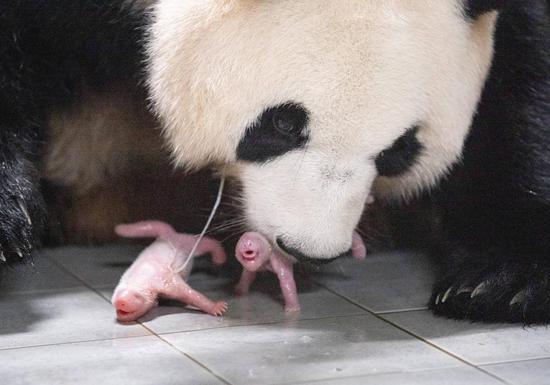


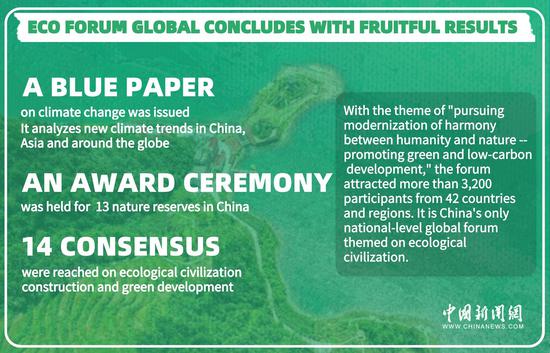
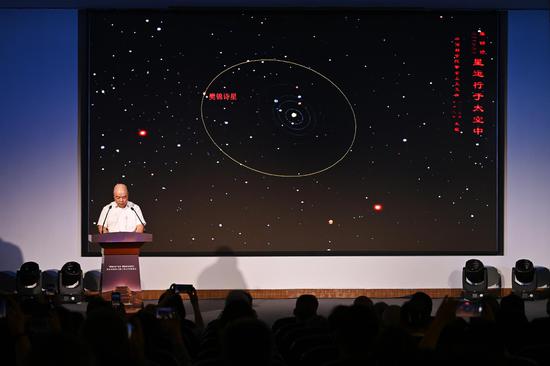

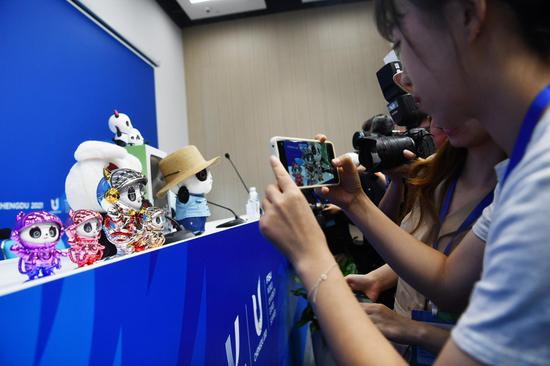



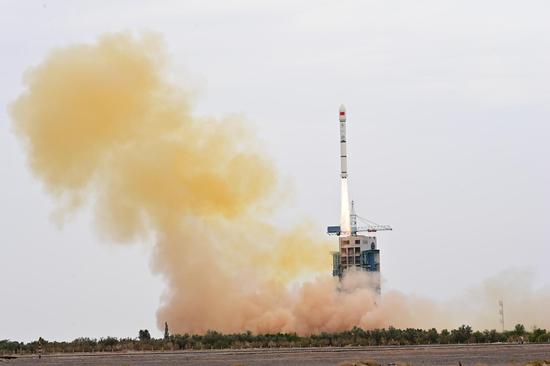
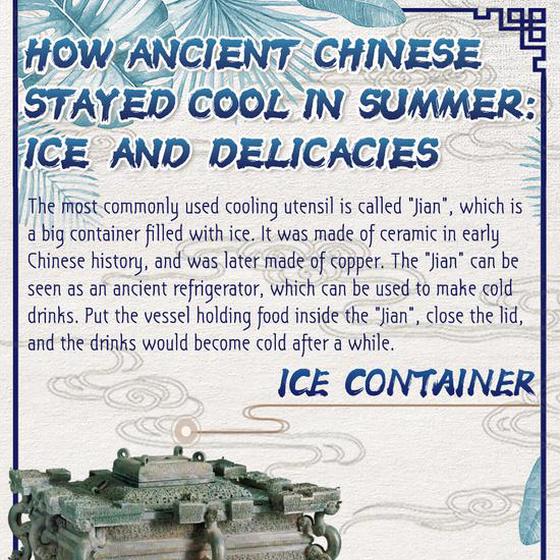
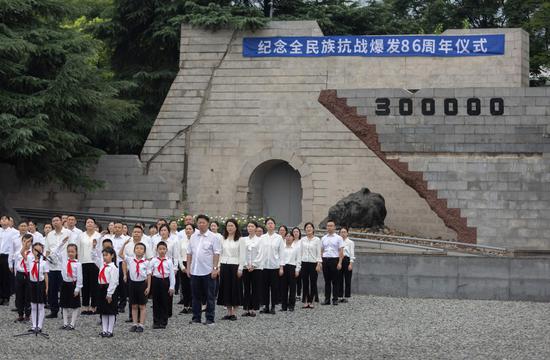
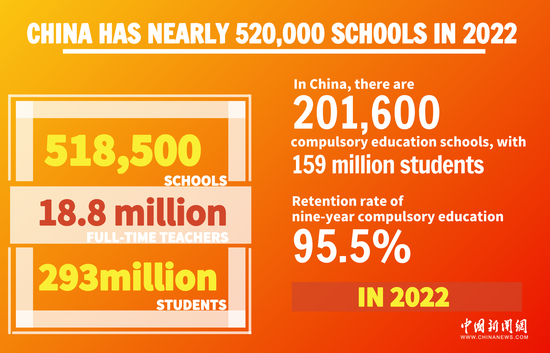

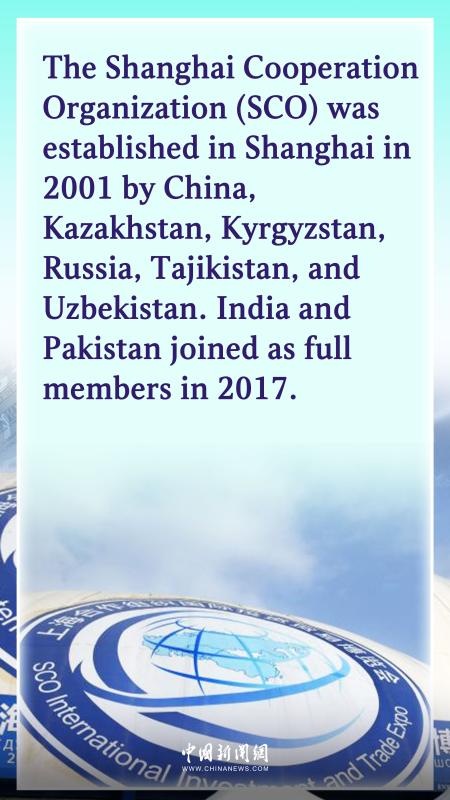



















 京公网安备 11010202009201号
京公网安备 11010202009201号